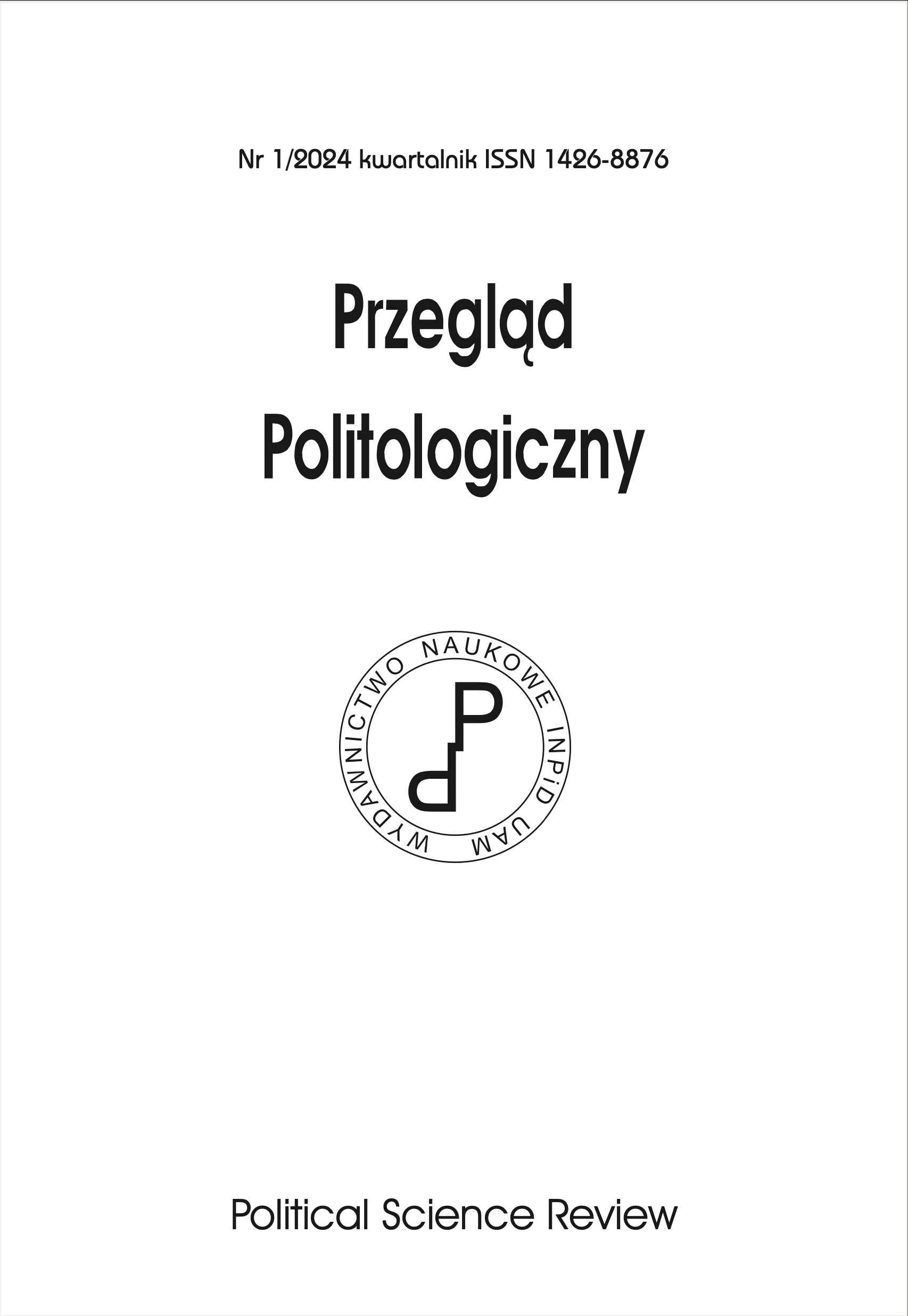Kategorie teoretyczne
do analizowania struktur myślenia talibów
Theoretical Categories for Analysing the Political Thinking Structures of the Taliban
Author(s): Joanna Rak, Roman Bäcker, Kamila REZMER, Maciej SkrzypekSubject(s): Politics and religion, Politics and society, Applied Sociology
Published by: Uniwersytet Adama Mickiewicza
Keywords: political thinking; religious thinking; cultural attitudes; claims to legitimacy; Afghanistan;
Summary/Abstract: This article aims to propose a set of theoretical categories for analyzing political thinking struc-tures distributed by the Taliban after the war in Afghanistan. It includes three groups of ideal typesthat enable researchers to identify and classify different aspects of these structures used to formulatelegitimacy claims. They are religious and political; tribal and post-tribal thinking; nativism, contra-ac-culturation, vitalism, and autonegativism. Although the scope of their application significantly exceedsthe exploration of the indicated research field, they are useful to understand the changes in the contem-porary political scene in Asia and carefully forecast the direction of changes in the Afghan political sys-tem. These structures are used by the Taliban to generate social legitimacy for their rule and the shapedpolitical system, i.e., to gain support for the current government from the ruled population and to modelthe acceptance of its policies, institutions, and values. They constitute specific legitimacy claims that,apart from the use of repression and cohesion of the ruling elite, form one of the stability pillars of a po-litical regime. They can be treated as legitimizing structures underlying the constructed political order.
Journal: Przegląd Politologiczny
- Issue Year: 2024
- Issue No: 1
- Page Range: 77-89
- Page Count: 13
- Language: Polish

